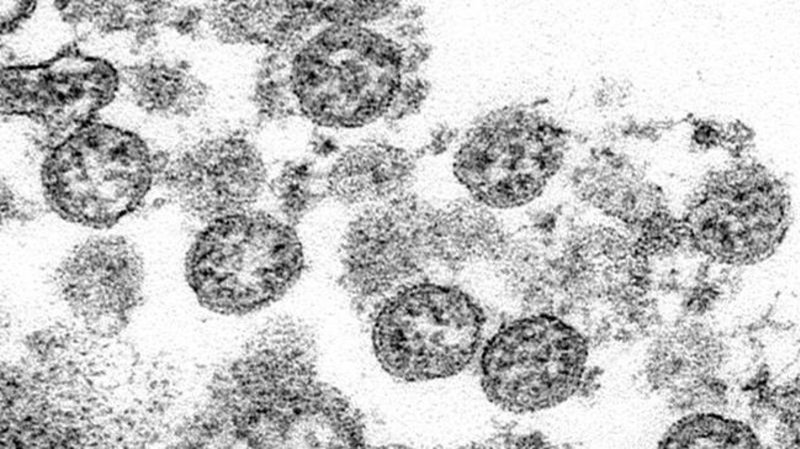
Whales and other marine mammals susceptible to COVID-19 through wastewater: study
HALIFAX — A new study says COVID-19 could be spread to whales and other marine mammal through improperly treated sewage and wastewater.
Researchers at Dalhousie University in Halifax say while there have been no documented cases to date, both dolphins and beluga whales have been infected with related coronaviruses in the past.
In the study, published in the journal Science of the Total Environment, scientists describes how they used genomic mapping to determine which marine mammals would be vulnerable to the novel coronavirus that causes COVID-19.
When the team looked at amino acids to which the virus binds, they found striking similarities between those in humans and in several marine mammals, including dolphins, beluga whales, seals and sea otters.
